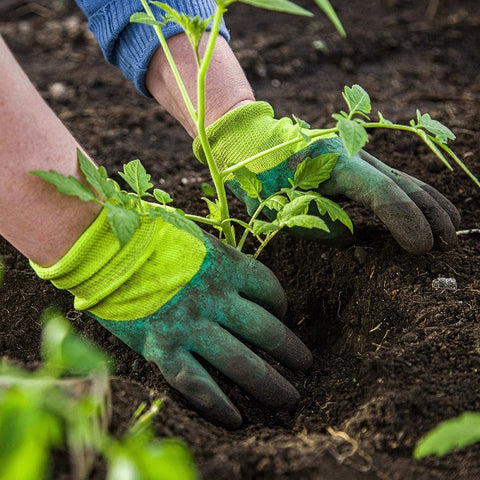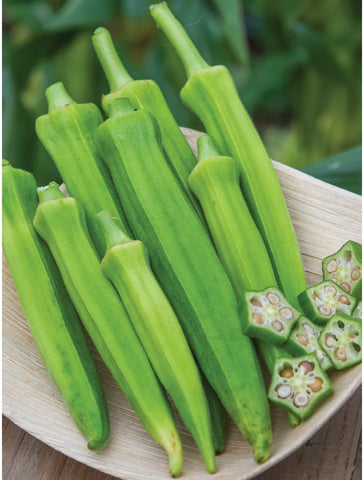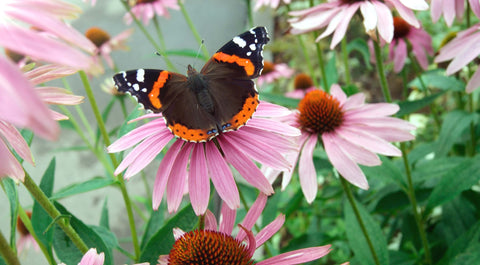You think watering is a no-brainer? In fact, some of the best practices for watering your plants will both protect your plants and save water.
Stay in the water too long, and you create an opening for the fungus to open up. Too little water and the roots become shallow. At night there is water and insects come out to feast. If the water is too high, half the water evaporates.
Poor irrigation habits are a real crime - in some parts of the country, drought has led the government to impose restrictions. And they should be, because water is a precious resource whether you grow it or not. Consider using a rain barrel with a garden hose connection to collect water for your garden. You can build your own rain barrel or buy a top-of-the-line rain barrel.The following content also has some reference value for raised garden beds.

How to water plants and lawns effectively?
- When is the best time to water plants?
Water early in the morning when the sun is weakest and the ground is coolest, giving leaves a few hours to dry before nightfall. Target is between 5:00 and 10:00 a.m.
Do not water at night as the soil is warm and moist and the leaves attract insects, fungi and disease.
- How often should you water your plants?
Water deeply and at short intervals to reach the plant's roots, which need nutrients, sugars and hormones from the water. Soaking the soil to a depth of 5 to 6 inches encourages plants to grow deeper roots, which will make the garden healthier in the long run.
Do not water lightly too often, this will encourage shallow root growth. (One of the worst watering crimes you can commit is rushing outside after work every night and sprinkling your lawn for 10 minutes.)

- What is the most effective way to water plants?
Water directly on the roots of the plant and avoid wetting the leaves, which can foster fungi. Also, less water evaporates, and since you're watering directly into the root zone, the plant's roots have easy access to water.
Don't water from the top of your head. Depending on the size of the plant, the water may never actually reach the ground, as the leaves may shade the underside of the plant.
- How often should I water my lawn?
During the dry season, water your lawn an inch a week, and if there are sprinklers, it takes about 90 minutes to get the water to one spot. If you don't have a water gauge, get an empty can of tuna. When it's full, you're done!
Don't water your lawn too much or too little, as the amount of water can affect root growth - the foundation of a healthy, beautiful lawn.
- What is the best way to use a sprinkler?
Irrigation systems using fixed installations near the ground. If using sprinklers, choose small sprinklers that can change the water delivery pattern, or for large areas, use pulsating rotary sprinklers that spray water horizontally at high speeds and overcome losses from evaporation or wind.
Do not use sprinklers to spray large amounts of water into the air, most of it evaporates before it reaches the ground. Avoid watering on windy days.

- How much water do shrubs and trees need?
Be sure to water trees and shrubs directly every 7 to 10 days, especially if they are newly planted.
Do not rely on sprinklers and irrigation systems to reach the base of trees and shrubs.
- Hoses or sprinklers?
Be sure to water the garden with a hose. Again, hit the ground, not the plants.
Do not use overhead sprinklers in the vegetable garden. More water evaporates than the soil absorbs.
- What type of hose nozzle should I use to water my plants?
Be sure to water annuals and perennials with watering sticks, either on the ground or in containers.
Do not use hoses and nozzles, as they will spray a wide area of spray and wet the leaves rather than the ground.
- How often should you water your plant?
Water your container garden regularly, usually once a day during the hot, dry season. Stick your fingers in the dirt. If it feels dry all the way to the second knuckle, it's time to water.
Don't think that container gardens need watering only when everything else needs watering. Flower POTS retain heat, so enclosed soil dries faster than garden soil.
- How does mulch help plants?
Cover beds and containers with a few inches of compost material, which will cool the soil, retain moisture, and prevent weeds from growing.
Do not water uncovered soil. The force of the water causes the plants to cling to the moist soil, causing runoff.









